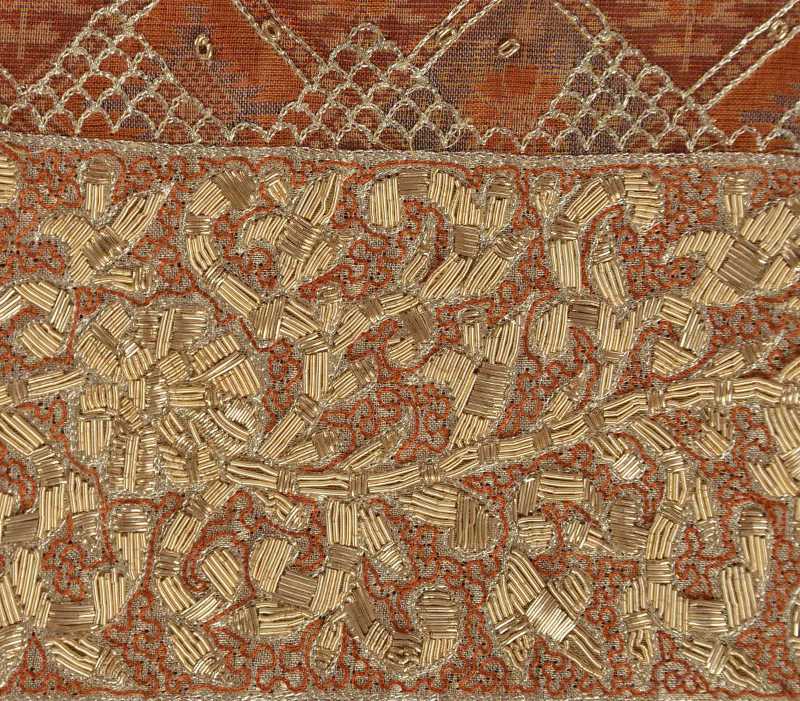===
0892,
1
===

=== |
 |
tang : 'Contracted, straitened, confined, strait, narrow, tight; wanting, scarce, scanty, stinted, barren; distressed, poor, badly off; distracted, troubled, vexed; dejected, sad, sick (at heart)'. (Platts p.340)
or : 'Origin; part, side, direction, quarter; end, extremity, limit, boundary... ; extreme, outside, utmost, highest point or pitch'. (Platts p.104)
FWP:
SETS
MOTIFS == BONDAGE
NAMES
TERMS == OPPOSITIONHow elegant is the use of or ! Not only its common meaning of 'direction', but also its sense of 'extremity, limit, boundary' (see the definition above), both work so well as alternatives to the 'narrow' confinement of a prisoner, who can neither choose his own direction of movement, nor go very far in any direction at all.
And of course, the opposition of rahnā (to remain in prison) versus jānā (to go out of prison)-- and also of jānā (to move along, to go) versus mar rahnā (to die and 'remain' dead).
Note for translation fans: It's really hard to convey mar rahnā , isn't it? Something like 'to die and get it over with', perhaps; or 'to go ahead and die'. 'To die and stay dead' doesn't work at all.